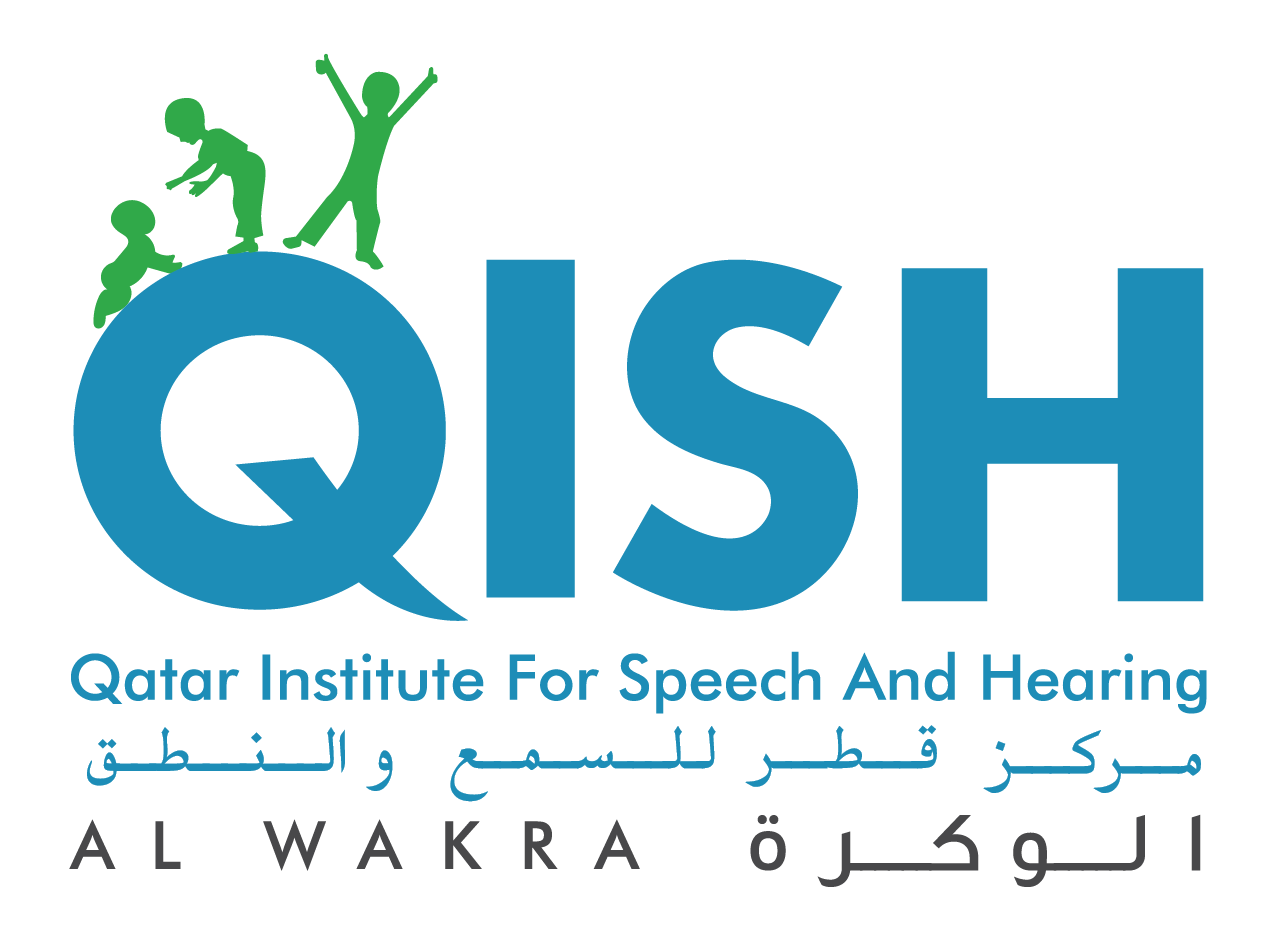PEDIATRIC OCCUPATIONAL THERAPY
Pediatric occupational therapy helps children gain independence while also strengthening the development of fine motor skills, sensory motor skills, and visual motor skills that children need to function and socialize.
CHILDREN WITH THE FOLLOWING MEDICAL CONDITIONS ARE CONSIDERED TO BE ‘AT RISK’ FOR DELAYS IN SKILLS IMPACTING PARTICIPATION IN HOME AND SCHOOL ENVIRONMENTS.
- Birth injuries or birth defects
- Sensory processing disorders
- Traumatic injuries (brain or spinal cord)
- Learning problems
- Autism/pervasive developmental disorders
- Behavioral problems
- Developmental delays
- Post-surgical hand conditions
- Spina bifida
- Cerebral palsy and other chronic illnesses.
WHAT DOES AN OCCUPATIONAL THERAPIST DO?
An OT encourages participation in everyday tasks which is done by improving the child’s skills, and by modifying the environment or the activity. Areas of focus include:
1} Self-Care: Eating, dressing, toileting, sleeping, bathing, grooming, opening lunch boxes, etc.
2} Play: Learning to play independently and with others, exploring the environment, recreational activities, using play equipment, taking turns, pretend play, making friends etc.
3} Behavior and sensory issues: Work with children who lack sitting tolerance, is hard to calm, hyperactive, poor attention and concentration, over or under sensitive to touch, noise or movement, giving up easily, avoiding messy play
4} Physical skills: Hopping, skipping, running, coordination, balance, ball skills, fine motor skills
5} Work: Make them independent in school tasks such as handwriting, scissor cutting, and drawing, concentrating, following instructions, shapes/puzzles/construction, being organized and taking care of belongings
